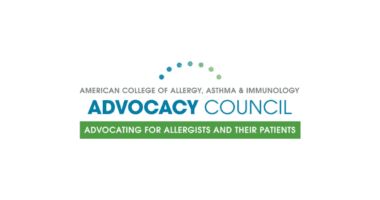When the COVID-19 pandemic hit in early 2020, the Department of Health and Human Services (HHS) declared a 90-day public health emergency (PHE). The PHE has been renewed every 90 days since the original declaration, with the latest renewal scheduled to end in late January 2022. During the PHE, the Centers for Medicare and Medicaid Services (CMS) has the authority to waive a number of restrictions on Medicare coverage to better address the difficulties of providing care during a pandemic.
Many of the waivers that pertain to telehealth include:
Audio-only visits: Even though Medicare law requires telehealth visits to use both audio and visual technology, this requirement is currently waived to allow Medicare payment when the physician provides audio-only visits. Audio-only visits are currently expected to be permitted through at least 2022. This allows physicians to connect with patients who may lack the technology or broadband necessary for audio and visual visits.
Site of service waivers: CMS is waiving the telehealth requirements related to site of service as well as geographic limitations. Medicare will pay for telehealth visits when the patient is at home and is not enforcing the requirement that the patient be located in a designated rural area. Congress is considering legislation that would make these changes permanent; otherwise, they will end with the PHE. The ability to see patients in their home may allow allergists to assess the patient’s home environment for allergen triggers.
Remote direct supervision: When a physician uses clinical staff to aid in the furnishing of a service, Medicare rules generally require that the physician be on site and immediately available. This is known as direct supervision. During the PHE, CMS has relaxed this rule to permit the physician supervision to take place remotely through audio-visual technology. This waiver authority will also extend at least through 2022.
HIPAA enforcement discretion: Early in the pandemic, the HHS Office of Civil Rights announced it will exercise its “enforcement discretion” under the HIPAA regulations related to a provider’s “good faith” provision of telehealth during the PHE. That enforcement discretion remains in effect during the PHE and allows physicians to provide telehealth services using certain non-HIPAA compliant technologies such as Skype or Zoom.
New virtual check-in code made permanent
In 2021, CMS approved on an interim basis, a longer virtual check-in code (G2252) for 11 to 20 minutes of physician or qualified health professional time. CMS recently made this interim code permanent under the CY 2022 Physician Fee Schedule. The other virtual check-in code (G2012) is for check-ins of 5 to 10 minutes. The virtual check-in codes can be provided using audio-only technology, which makes them a useful alternative to audio-only telehealth visits once the PHE has ended. Certain restrictions apply:
- The virtual check-in cannot take place within seven days of a prior evaluation and management visit.
- It cannot lead to an evaluation and management within the next 24 hours or first available appointment.
Coming soon – we’ll look at coverage of remote patient monitoring services and how allergists may integrate that technology into their practices.
The Advocacy Council – Advocating for Allergists and Their Patients.




